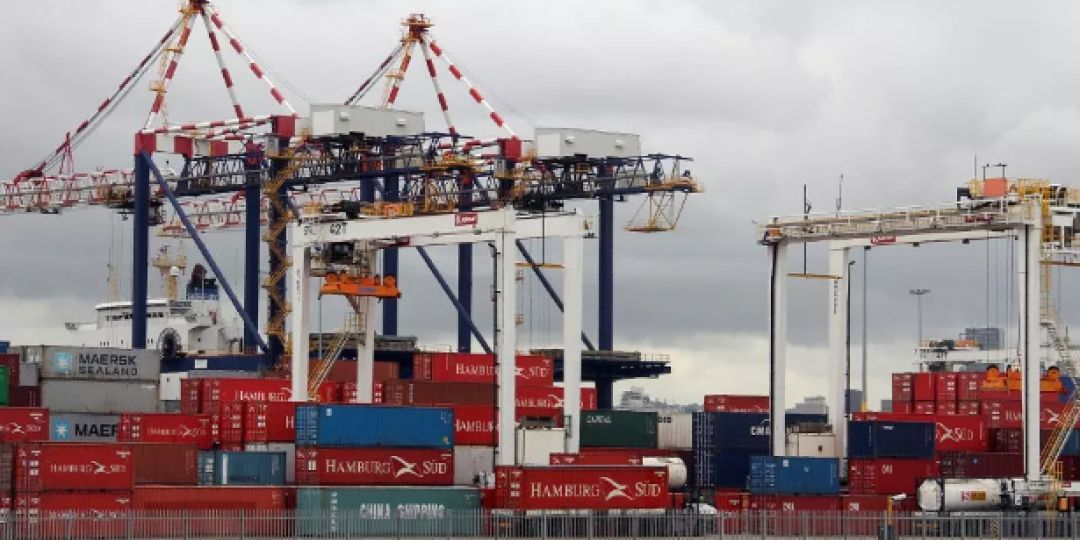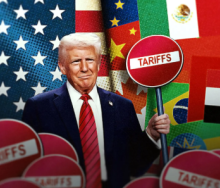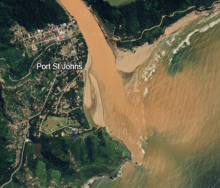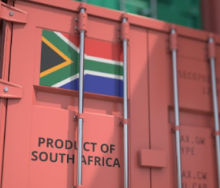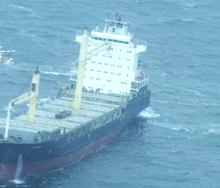In response to equipment failure and lack of availability of spare parts at South Africa’s ports, where operational delays have vessels idling at anchorage for two weeks or more, OEM supply contracts should be in place by December 31, the South Africa Association of Freight Forwarders (Saaff) has said.
According to Saaff director Mike Walwyn, news of the contractual fast-tracking around securing Transnet’s long-term strategy for new port cranes and spare parts to repair broken equipment follows after urgent action was taken at an executive level.
Mentioning the National Logistics Crisis Committee (NLCC), convened by the Presidency in tandem with private stakeholders to address the collapse of the country’s national logistics system, Walwyn said: “There seems to be quite a bit of movement on the equipment side of things.”
Also mentioning the Freight Logistics Roadmap, whereby the government intends to implement long-term logistical solutions, Walwyn added there had been a lot of collaboration between the NLCC and industry partners to conclude Transnet’s OEM (original equipment manufacturer) strategy by the end of the year.
Speaking at a time when the logistical logjam at ports like Durban is probably the worst it has ever been, with the latest reports saying about 71 000 boxes are waiting to be offloaded at the port, Walwyn said it would take another six to 12 months before the necessary equipment and spares arrived in the country.
“Of course that’s too long, but it’s the best we can hope for at this stage.”
He said contracts had been awarded for major equipment across 28 brands of port-handling OEMs.
“It will make provision for maintenance spares for a 10-year period, enabling maintenance teams to work for 24 hours at a time as opposed to eight hours.”
Walwyn said thanks must go to all the NLCC, Saaff and all the committees formed to come up with solutions for Transnet's abject failure to do what it’s supposed to – adequately allow the flow of freight to establish an effective supply-chain system.
Remarking on what has transpired about the OEM strategy, he said: “At least we have something to work with now. Previously, the private sector was told (by Transnet/government), ‘We know about the problem and we’ll fix it.’”
In the meantime, imports and exports through the Port of Durban remain severely delayed because of the state-owned logistics utility’s negligence.
An importer of substrates said he was informed by his Chinese supplier that his stock was sitting outside Durban on October 22.
His goods were only offloaded on November 17.
Because of port-side snags in the container cycle, lines like MSC and Hapag-Lloyd have instituted surcharges that will be passed onto shippers.
Trade data this morning projects that delays experienced at South African ports like Durban will result in as much as 28% in increased costs being passed onto consumers.
